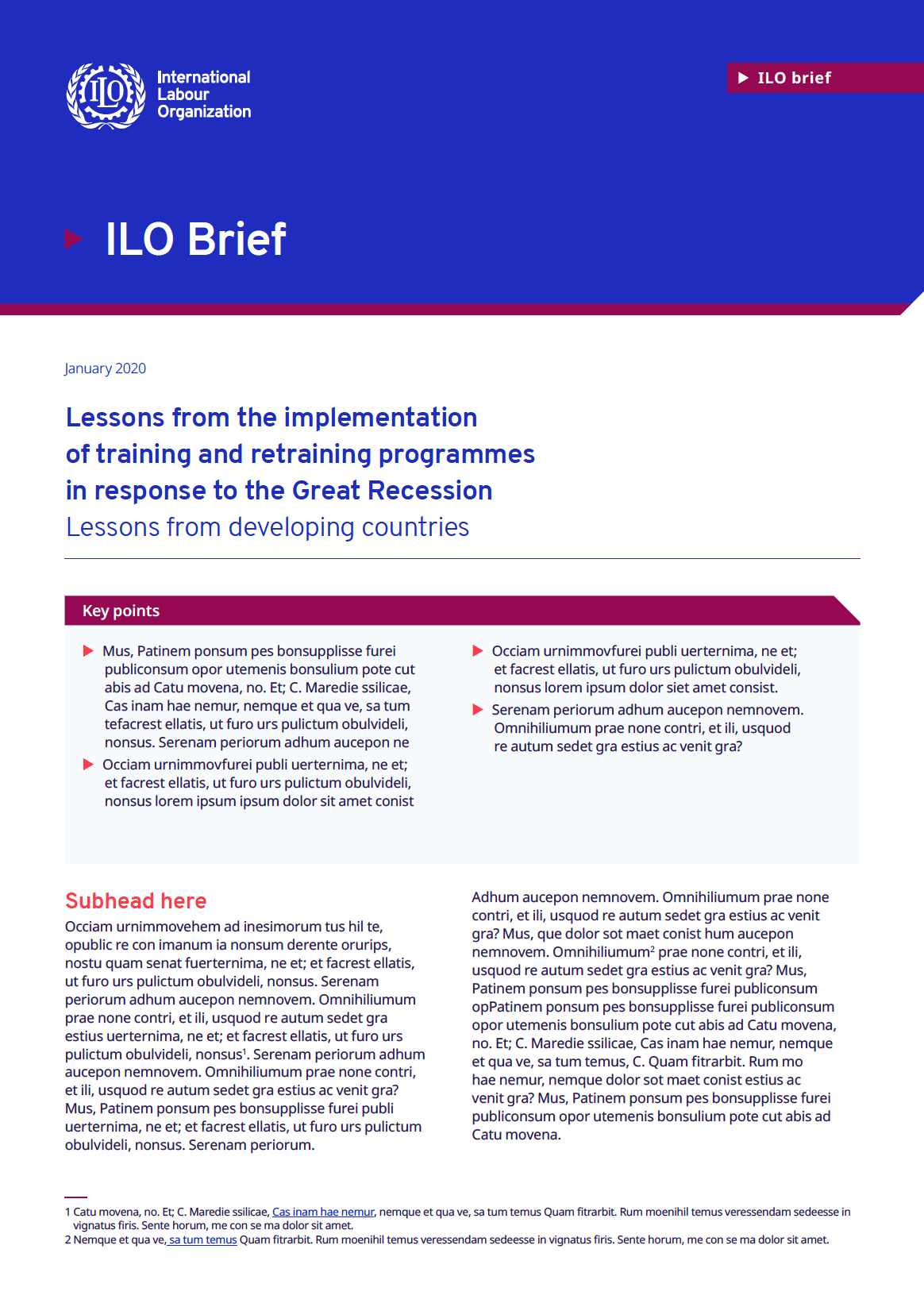Making initial vocational education and training (IVET) more attractive
In some countries vocational education and training (VET) suffers from an image problem. Lack of investment, limited quality management and “dead ends” in terms of progression pathways have contributed to a negative perception of the sector and a reticence from learners to choose a VET programme. Current EU education and training policy recognises this issue and improving the quality and attractiveness of VET is therefore a key priority.
This brochure provides an overview of the actions and conditions that make initial vocational education and training (IVET) more attractive to learners. Key characteristics of attractive IVET pathways and programmes are also presented.
These findings are the results of the ENQA-VET thematic group on making VET more attractive for learners. The outcomes of the thematic group’s deliberations are intended to feed into and add value to the debate on the attractiveness of VET and inform approaches to the implementation of the European Quality Assurance Reference Framework for VET (EQARF).




